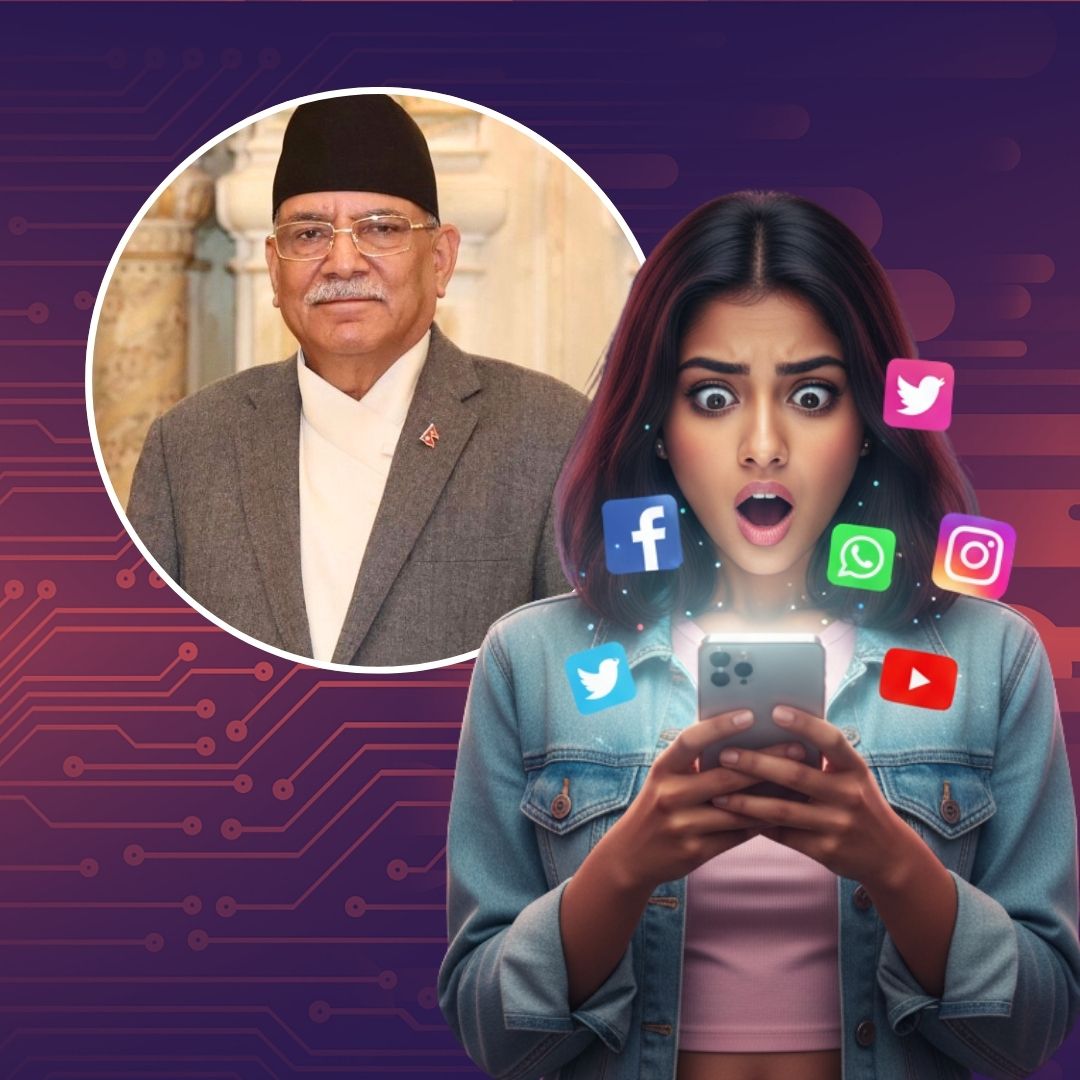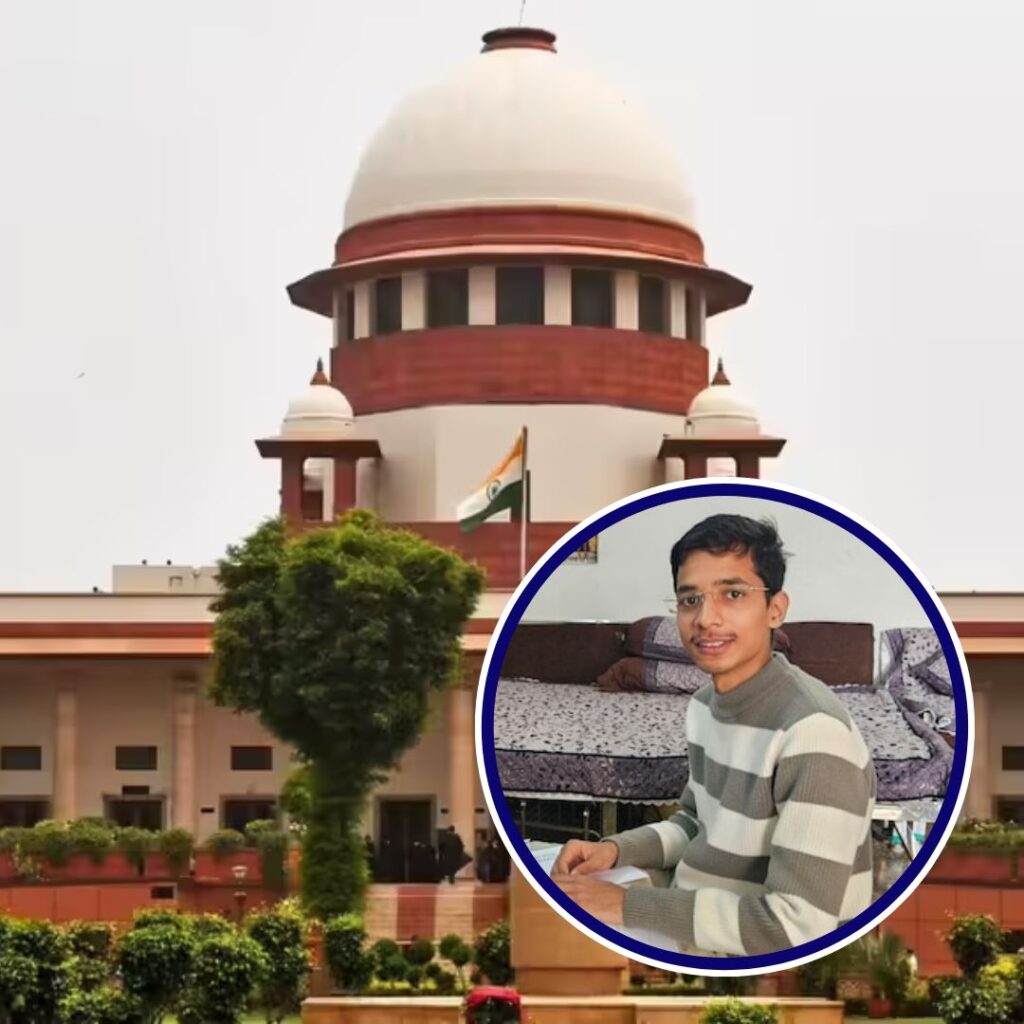Nepal has banned major social media platforms including Facebook, Instagram, and YouTube after these companies failed to register within the deadline set by the Ministry of Communication and Information Technology. The ministry gave a seven-day window starting August 28 for registration.
When the deadline expired on the night of September 4, no global platforms, Meta’s Facebook, Instagram, WhatsApp, Alphabet’s YouTube, X (formerly Twitter), Reddit, or LinkedIn, had completed the process. Consequently, the Nepal Telecommunications Authority was instructed to disable all unregistered platforms from midnight on September 5. Ministry spokesperson Gajendra Kumar Thakur assured that platforms finishing registration would be restored the same day.
Ministry Enforces Platform Regulation, Communication Disrupted
The registration mandate aims to ensure transparency and regulatory compliance from social media companies operating in Nepal. While platforms like TikTok, Viber, Witk, Nimbuzz, and Popo Live have complied and are registered, others like Telegram and Global Diary remain under approval. Thakur highlighted the need for oversight to protect users’ safety and security within the digital space.
However, the ban disrupts communication for millions of Nepalese both at home and abroad. Senior journalist Pralhad Rijal pointed out that over seven million Nepalese youth studying or working abroad will face direct communication barriers with family and friends due to the ban. Additionally, Facebook’s recent launch of a monetisation programme in Nepal will be halted, affecting local content creators who had started earning from their online videos and social media engagement.
Media and Public Raise Concerns Over Freedom and Access
The decision has drawn sharp criticism from various quarters, particularly media professionals. The Federation of Nepalese Journalists (FNJ) condemned the move, calling it a violation of press freedom and the constitutional right to information. Ram Prasad Dahal, FNJ General Secretary, stressed that banning social media without providing alternatives suppresses freedom of expression and restricts access to information vital for a democratic society.
The government, meanwhile, has not received any formal response from the major social media companies regarding the registration refusals or delays. This standoff underscores the growing tension between global tech firms and states seeking tighter control over digital information flows.
The Logical Indian’s Perspective
Digital platforms play an essential role in the daily lives of millions as tools of communication, creativity, and information sharing. While it is understandable that governments seek accountability and transparency from social media providers, heavy-handed bans may cause disproportionate disruption, especially in societies with emerging digital economies and large overseas populations.
The challenge lies in crafting regulations that protect citizens’ rights and security while upholding freedom of expression and access to information. Fostering a culture of dialogue and cooperation between governments and technology companies is crucial to achieving a balanced digital environment.












